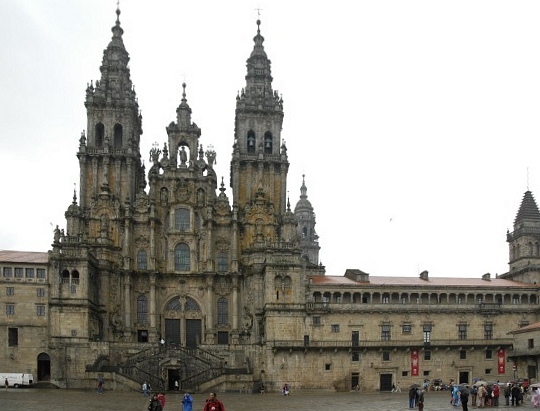The 12 apostles: Myth or reality? Why we can still believe the Bible

Last month my esteemed Christian Today colleague Martin Saunders wrote a piece about the "three words that could save the internet (and make you happier)" – an irresistible headline that turned out to refer to "Be Kind Online". "It feels good to help each other, to encourage, build up; shine a light into someone's day," he wrote.
I've tried, I honestly have. And in writing about a National Geographic author interview with someone who's written a book about the 12 apostles, I will make a titanic effort not to say exactly what I think about the editorial policy that lets such books into print.
The work itself, Apostle, isn't out till next month, so I haven't read it. Normally, therefore, I wouldn't comment on it. However, by giving an interview to the Nat Geog, author Tom Bissell has made himself fair game.
Bissell, a lapsed Catholic, set off "to discover whether the Twelve Apostles were actual historical figures or merely characters in a fictional story". His idea of historical research is to walk the 500-mile Camino de Santiago pilgrim route in Spain, visit the place where Judas reportedly hanged himself, and hunt (in vain) for a mysterious monastery in Kyrgyzstan where Matthew is supposed to be buried. He admits one of the greatest inspirations for the book is Monty Python's Life of Brian.
He tells the interviewer: "A couple of the names recorded in the New Testament are probably actual people. There was probably a Peter and a John, definitely a James (the brother of Jesus), and probably a Thomas. Beyond that, there's nothing historical that verifies their existence other than the gospels themselves. So I think they're a mixture of fact and fiction."
The trouble is that this might equally well be said of Bissell's book. He tells us, for instance, that James, the brother of Jesus, "definitely existed", but uses contested evidence from the Jewish historian Josephus to back up his claim. He asserts, on no evidence whatsoever, that James was Jesus' older brother and that this "confounds everything orthodox Christians accept about the virgin birth".
Of the infamous "James Ossuary" which supposedly contained his bones, he says: "I've not seen the ossuary and I'm not a trained archaeologist, but I'm perfectly willing to believe that James could have had a secreted away tomb, with an ossuary."
But it's in his comment about what would "verify the existence" of the apostles that he shows his hand, and a pretty poor one it is. For something to be "true", he says, it has to be confirmed by a secular – and therefore rigorously factual, unbiased and trustworthy – account. If it's only in the Bible, you can safely assume it's fiction.
All we have to go on is the interview, and the book might be full of far more detailed analysis, but I doubt it.
So here are my gripes about this kind of writing, which has more in common with Dan Brown than with any serious historical research.
1. It fails to take the Bible seriously as history. Bissell – and plenty of others like him – have decided the apostles probably didn't exist on grounds that would also rule out the existence of Jesus and Paul. If you're going to pick and choose what you believe, at least be honest and say that's what you're doing.
2. It's bad history. Anyone who blithely asserts that James was the elder brother of Jesus and so this disproves the doctrine of the Virgin Birth is not a serious historian.
3. It privileges the secular over the sacred. It assumes 'real' history comes from outside the Bible; anything in it is automatically suspect. But granting – as Bissell himself does – that these stories were shaped toward an end rather than being bald narrations of fact, the idea that the authors would simply have invented whole chunks of narrative just doesn't hold water. They were concerned for the truth. We might, depending on our theory of biblical inspiration, accept they made mistakes; accepting they told lies is a different thing altogether.
4. It appears to argue from the insecurity of later traditions about the apostles to their non-existence at all. But if Bissell goes to Santiago de Compostella and finds no evidence James was there (it's not clear from the interview), this says nothing about the existence of James. Ditto if he goes to Kyrgyzstan and finds no evidence for Matthew. There's no earthly reason why he should, and the absence of evidence is not evidence of absence.
Most Christians are perfectly at ease with biblical criticism and with the idea that the Bible can be analysed in terms of how and when it was written. Things aren't always as they seem, we know that. The last 200 years has seen the Bible comprehensively taken apart. But it's also seen it put back together, as well, and the onus is still on those who doubt the fundamental reliability of the New Testament stories to prove their case. In fact, nothing's more likely than that the minor characters in the Gospel story should have disappeared. The story is not about them, it's about Jesus. A far more interesting question than why most of the apostles faded out of history is, why Jesus has not.
Follow Mark Woods on Twitter:@RevMarkWoods











